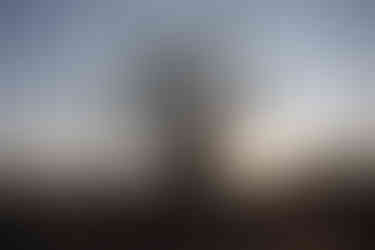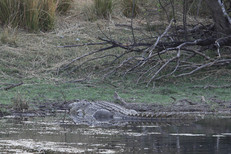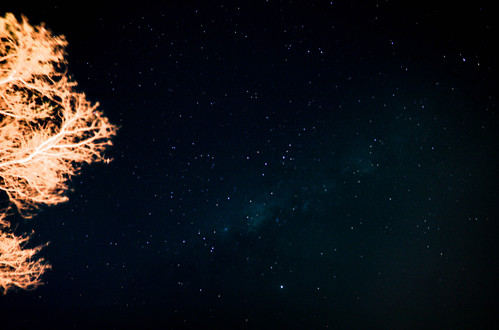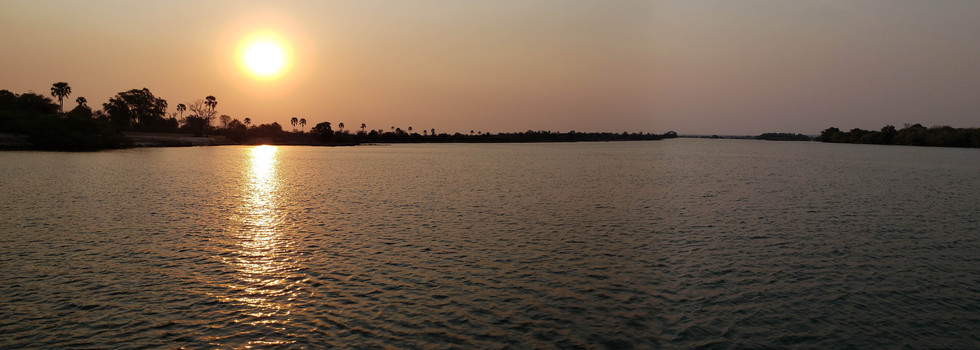
This post is not about The Big Five (buffalo, elephant, leopard, lions and rhinoceros). It's not about a caravan of 4-wheel drive vehicles in the bushveld hunting down the game as it kills or is being killed. When I go on that kind of safari I want to be with my family, perhaps to create images with the proper lens that I just couldn't carry on this trip, or even better to volunteer together at a conservation park, caring for the animals endangered by poachers.
So why did I title this post "On Safari"? Cause I learned that Safari means "to travel" in the African language Swahili. It's an expedition to observe nature and life in Africa. I had five days after my conference in Johannesburg and I knew I had time to escape city life and observe life in the bush. But as I started researching I realized it was going to be difficult picking one game reserve with so many in or near Johannesburg. I also felt like I didn't want to spend the days pursuing each of the big five to check it off my list. It was going to get really expensive! Was there a way for them to come to me? It was almost immediate that I came across an image of Victoria Falls on the web. Bingo. Zimbabwe!!! I could have my cake and eat it too. It felt right seeing for myself another natural wonder of the world AND the hotel I found near town had a watering hole a hundred yards away where the animals wandered freely on the hotel grounds.

Flights to Victoria Falls airport were less expensive and more frequent so I chose to arrive and stay on the Zimbabwe side of the falls. Zambia is just on the other side of the Zambezi river. The most grand view of the falls is during rainy season when water is pouring over the ledge across a distance of over a mile. The water falls over 350' into the gorge. Many trade-offs seeing the falls from either side, but at this time of year I chose to start and have my lodging in Zimbabwe.

Victoria Falls / Mosi-oa-Tunya
Mosi-oa-Tunya is a nickname the locals give the falls. It translates to The Smoke that Thunders due to the billowing clouds of mist that rise up and drench everything and everyone in its reach when the river is in flood. I caught the falls towards the end of the dry season, but the smoke and thunder were certainly present. Here are a few images from the Zimbabwe chain walk.





Devil's Pool
I didn't book much in advance of arriving in Zimbabwe, but one thing I discovered in my research was this place called Devil's Pool where you could climb out to the end of the falls and swim, maybe take a selfie or two? Sold! When I arrived I was lucky to find I could make a reservation as it's not something you can do during the wet season and it all depends on the flow rate of the water in that location. I could not wait to observe this perspective of the falls. Only in Zambia, cause there is NO WAY anything like this would be allowed in the States. Absolutely crazy!





Flight of Angels
Ok, this one was a birthday gift to myself. In a 25 minute flight over the falls and Zambezi National Park I got to see the area from a unique perspective. Remember, a safari is all about travel and learning to see. At least that's what I told myself when I paid the bill.








Shooting Blind
In addition to the watering hole, the hotel also had a blind from which two guests can reserve a time with a guide and sit and watch the visiting animals. I picked a 4-6pm time just as the light on the land would be changing and animals might be coming out to the hole.


We sat for 1 hour and 50 minutes enjoying the storks, the four small crocodile we spotted lurking in the water, guinea fowl, and lots of small birds. We waited and waited, hoping for some activity, some big animal to stop by for a drink. We started to get excited when the guinea fowl flew away. As if that was the coolest thing we were going to see. I kept trying to keep things in perspective. Here I was in Africa, for real, sitting by a watering hole watching the live behavior of all these amazing animals.
With ten minutes left in our visit I literally said to the guide who sat with a rifle by his side the whole time, "I wanna see a giraffe!". And so it was, with ten minutes left, as the sun was getting lower and lower in the western sky, I looked to my right and out of the brush appeared a giraffe. I am not kidding. We looked at each other and giggled, trying to be as quiet as possible as he had told us earlier. But the giraffe knew we were there. It (not sure its sex, but we knew it was old by its color) paused and stared us down for five minutes. It would not go to the water until it knew it was safe. Patience. Sure enough, at 6pm, the giraffe moved slowly to the water, beny down and took a long pull of water. "Oh, please tell me the crocs are on the other side of the hole". The guide assured us they were too small to attack a giraffe. With a quick pull back of it's head, water came off the giraffe's tongue and made an arcing movement back into the hole. The giraffe did this three times and then walked off. Best two hours spent in Zimbabwe! What a thrill to see this creature and observe its habits in the wild.


Vulture Culture:
After my first morning visit to the falls I came back to the hotel for lunch and to rest before the helicopter flight. I looked to the sky from my balcony and noticed an extraordinary number of vultures (and Marabou storks) in a tree outside my room. They were also circling in the sky. I imagined that is what vultures do, circle a recent kill and swoop down to ravage its carcass. Nasty creatures. But this was different. They just kept coming and as I sat down for lunch outside at noon there were even more. I found out the hotel sponsors a daily feeding and educational program at 1pm.

I walked with a group of about 30 hotel guests and watched a man walk out with a cooler filled with meat and spread it around a 10' diameter area in front of us as hundreds of vultures and storks descended upon us. It was a feeding frenzy. Was this all just for show? I was a bit horrified. The storks dominated the scene, tearing violently at the larger pieces leaving small bits for the vultures. But there seemed to be enough for every bird present.
The gentleman, a member of the Victoria Falls Wildlife Trust and Bird Life Sanctuary of Zimbabwe, explained many facts about vultures. Two of the most common vultures feeding in front of us, the hooded vulture and the white-backed vulture were endangered species. Globally, vultures are the most endangered group of bird species. Conservation efforts are crucial, as eight of Africa's eleven vulture species have declined at an average rate of 62% across the region over the past 30 years. Why save the vultures? Because they are the ultimate recyclers. They are able to strip a carcass in just a few hours, keeping our natural environment clean and disease free. There are many threats to the vultures, including power lines, loss of food supply and the fact that many cultures mistakenly perceive them as pests. But for the past decade, poachers have been directly poisoning vultures to avoid alerting rangers of the location of a poached animal. The hotel helps in the conservation efforts by feeding the vultures a safe food source to keep them healthy and by educating us about these remarkable birds.


Night viewing
I came out to the hotel balcony several times a night to see if there was any activity. There was always something going on. The first night I felt lucky to see five elephants. Then the last night this was the scene just before midnight. I can't even count them all! For you photographers reading, the hotel flood lights stay on 'til midnight and I was using a tripod, shooting at about 20,000 ISO on the Canon 5D mark iv at 1/60th.












































Comentarios